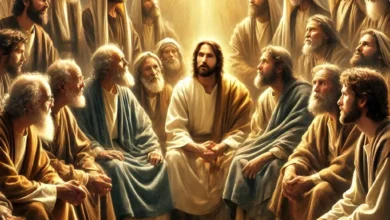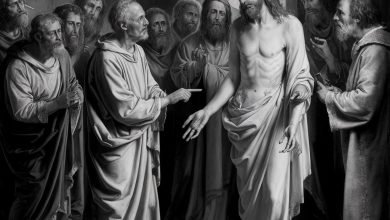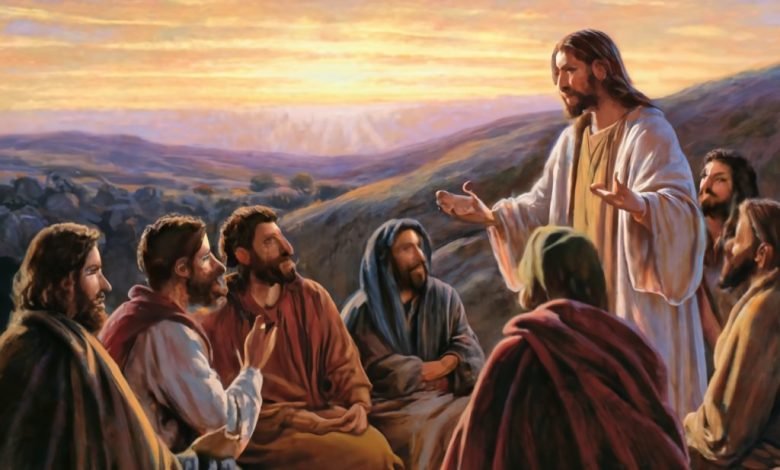
Matthew: The Tax Collector Turned Apostle
فرست محتوا
Who is Matthew?
Truly, the first book of the New Testament calls us to trust in Jesus Christ as our Savior and to obey Him as Lord. He contributed to the writing of the New Testament so that future generations, including ours, could know and believe in the Gospel.
Read more : Apostle Paul in the Bible: A Story of Redemption
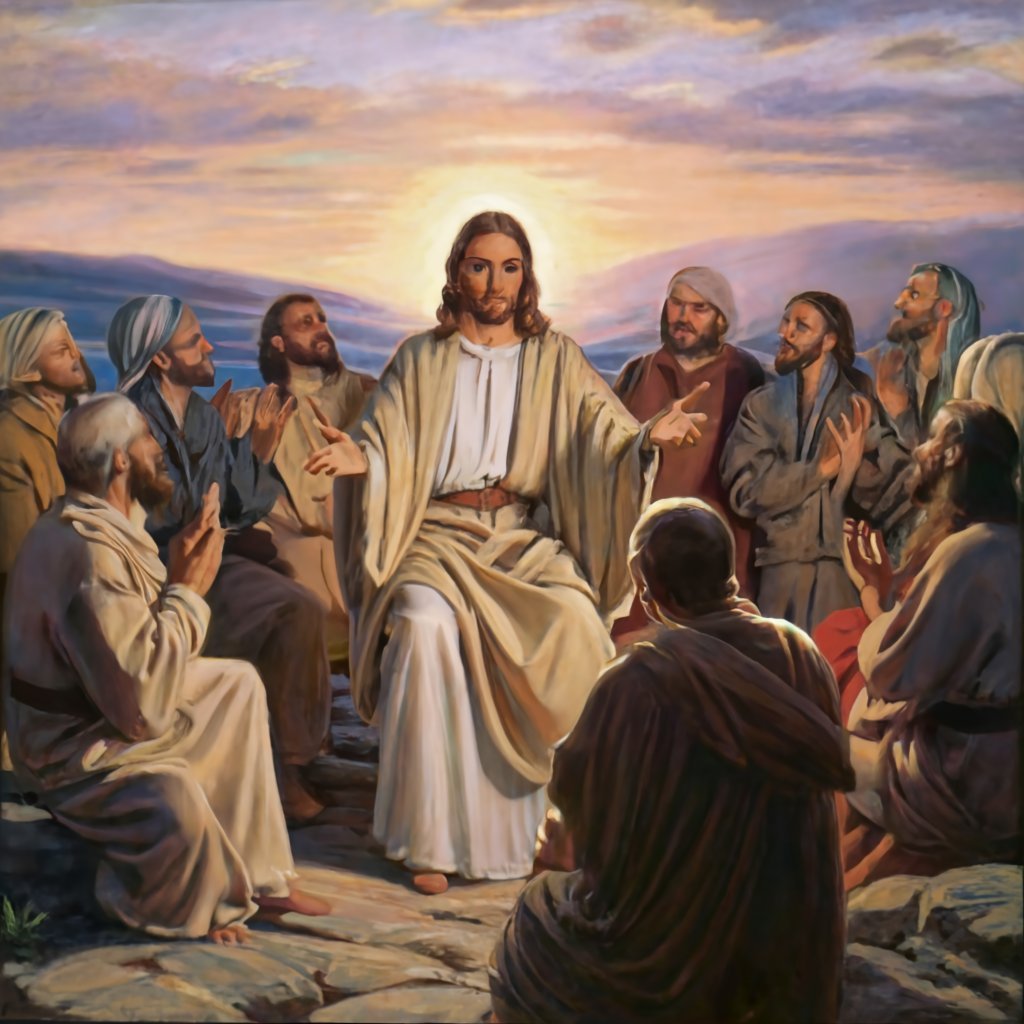
Who was Matthew, and what was he known for?
Before knowing Jesus, he worked as a tax collector. However, after meeting Christ, he became one of His faithful followers and disciples. Interestingly, he even invited his “sinner” friends to meet Jesus. Ultimately, he had the honor of being chosen as one of the 12 apostles.
He traveled extensively with Jesus and the other apostles. He was an eyewitness to the Ascension of Jesus Christ. On Pentecost, he became a bold evangelist. Along with the other apostles, he was imprisoned. He served the Lord in Judea and other regions and wrote the prominent Gospel of Jesus Christ.
Matthew with Jesus
During Jesus’ public ministry, He attracted large crowds who came to hear His words, learn from His sermons, and witness His miracles. Hundreds of these followers became His disciples. From among these followers, Jesus chose twelve as His closest disciples. They are known as the Twelve Apostles.
These men—Peter, James, John, Andrew, Matthew, and seven others—had the incredible opportunity and honor to travel and work alongside Jesus. They heard all His teachings, witnessed His miracles, and gradually discovered that Jesus was truly the Son of God, the promised Messiah, and the Savior of the world.
After the descent of the Holy Spirit on the Day of Pentecost, these same men became bold and fearless witnesses to Jesus’ resurrection from the dead, His numerous appearances to the disciples, and His Ascension to heaven. Filled with the Holy Spirit, they traveled throughout the known world, proclaiming their Savior and Lord to all.
Three of these apostles—Matthew, John, and Peter—also contributed to the writing of the New Testament. Thus, future generations, including us, could know and believe in the good news of salvation.
The Gospel of Matthew
This first book in the New Testament challenges us to believe in Jesus Christ as Savior and obey Him as Lord.
As one of the apostles, Matthew recorded firsthand accounts of Jesus’ itinerant ministry, His resurrection, and His Ascension to heaven. According to traditional accounts, he traveled far and wide for over 30 years, proclaiming the good news of Jesus’ salvation until he was martyred for his faith.
Many of the early readers of the Gospel of Matthew likely had questions about whether Jesus was truly the “Messiah,” the King of the Jews they had long awaited.
In this Gospel, Matthew frequently refers to Old Testament writings to prove that Jesus is the Messiah, the promised and sent Christ.
The Invitation to the Gospel Feast in Matthew:
As Jesus went on from there, He saw a man named Matthew sitting at the tax collector’s booth. “Follow me,” He told him, and Matthew got up and followed Him.
While Jesus was having dinner at Matthew’s house, many tax collectors and sinners came and ate with Him and His disciples. When the Pharisees saw this, they asked His disciples, “Why does your teacher eat with tax collectors and sinners?”
On hearing this, Jesus said, “It is not the healthy who need a doctor, but the sick. But go and learn what this means: ‘I desire mercy, not sacrifice.’ For I have not come to call the righteous, but sinners.” (Matthew 9:9-13)
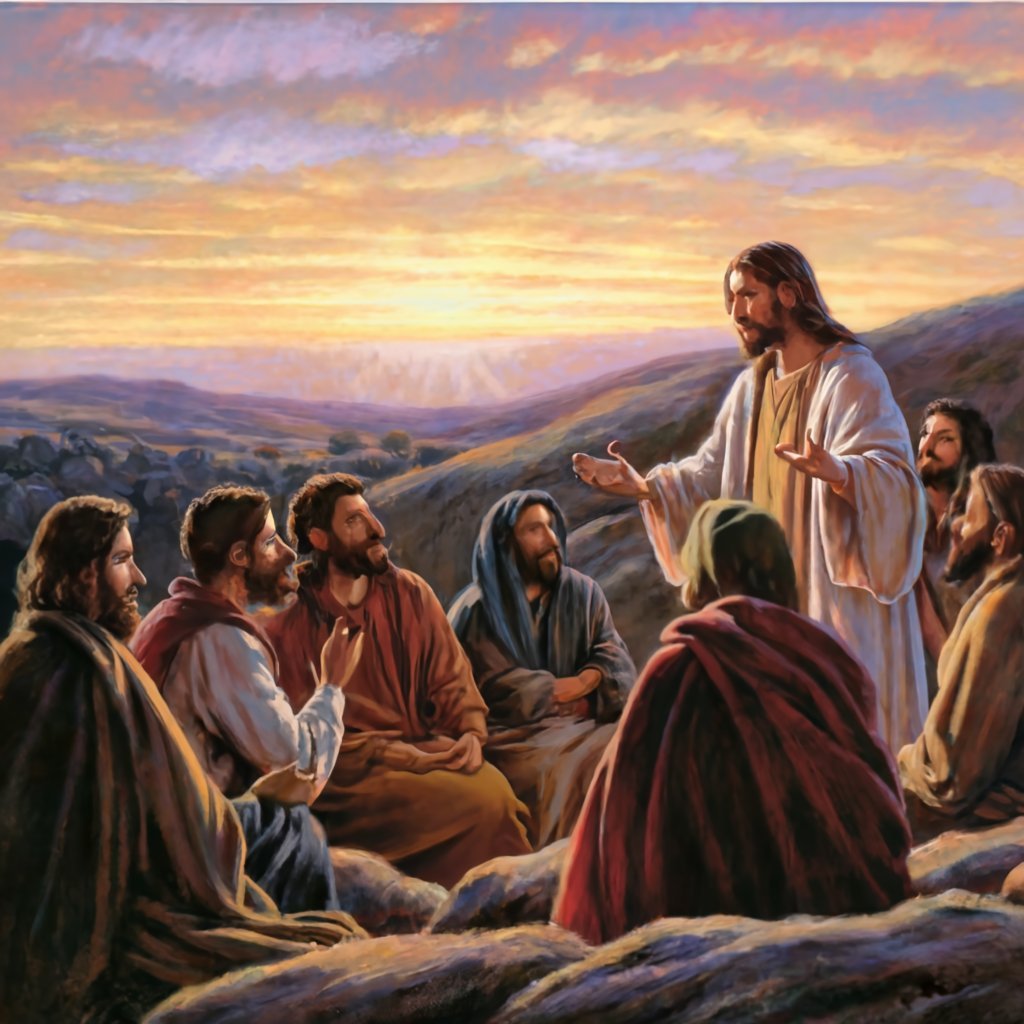
Matthew’s Mission as an Apostle:
These are the names of the twelve apostles: first, Simon (who is called Peter) and his brother Andrew; James son of Zebedee and his brother John; Philip and Bartholomew; Thomas and Matthew the tax collector; James son of Alphaeus and Thaddaeus; Simon the Zealot and Judas Iscariot, who betrayed Him. (Matthew 10:2-4)
The Gospel of Matthew is filled with well-known passages, including the Christmas story (1:18-2:23), the Sermon on the Mount (5:3-10), Jesus’ promise of answered prayer (7:7-8), and Jesus’ invitation to rest (11:28-30).
Additionally, there are other significant sections in this Gospel, such as Peter’s confession of faith (16:13-20), Jesus’ discourse on the end times (24:1-44), Jesus’ resurrection from the dead (28:1-10), and the Great Commission and Ascension (28:18-20).
The Importance of the Gospel of Matthew
Do you enjoy going to parties? Jesus did too! He loved meeting new people and stirring up their desire for the Kingdom of God.
The Gospel accounts clearly show that Jesus enjoyed being with others—friends, disciples, new converts, and even religious leaders opposed to His mission—celebrating and sharing meals.
In His sermons and teachings, Jesus spoke of the grand feast in the Kingdom of Heaven and the incredible place awaiting those who accept His invitation.
Jesus also warned about the terrible fate awaiting those who, due to their lack of faith, would be excluded from this feast.
In the first three Gospels, we read that Jesus invited Matthew to join His disciples. Matthew was undoubtedly shocked by this invitation.
In fact, Jewish teachers usually avoided socializing with tax collectors and other “notorious sinners.” After overcoming his initial shock, Matthew immediately left his tax booth, despite it being a lucrative source of income, and that very night hosted a grand feast.
This feast was not for his honor or a retirement party. Instead, he somehow knew that Jesus wanted to meet his friends. So, he invited all of them to his home.
Certainly, the news of Matthew’s feast reached the ears of the city’s religious elite, who condemned Jesus. However, Jesus used their sharp criticism as an opportunity to show His love and compassion for the “lowest” of the earth.
Bible Verses about Matthew:
Matthew is listed alongside the other twelve apostles in Matthew 10:2-4, Mark 3:16-19, and Luke 6:14-16, as well as in Acts 1:13 (excluding Judas Iscariot).
He appears alongside the other apostles throughout the Gospels and Acts, chapters 1-12 and 15. He was quiet but witnessed nearly everything at Mount Tabor. Perhaps the talkative Peter informed him of the details, including the events described in Matthew 17:1-13.



